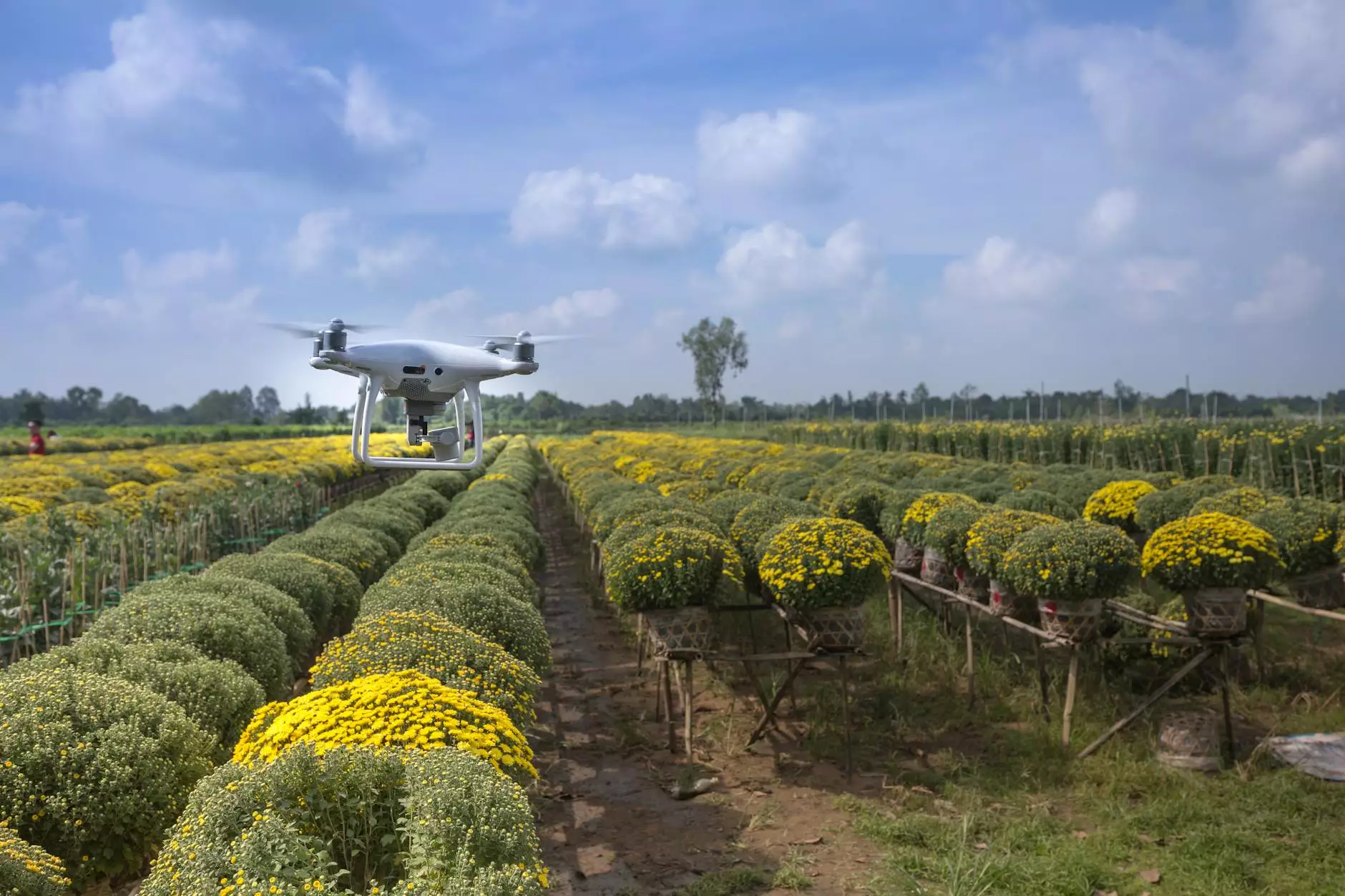Leading Road Cleaning Vehicle Manufacturer: Innovations in Sustainable Cleaning Solutions

The importance of maintaining clean roads and urban environments has never been more critical. With increasing urbanization and environmental awareness, the role of a road cleaning vehicle manufacturer extends beyond mere production; it encompasses innovation, sustainability, and community well-being. In this article, we delve into how these manufacturers are transforming road cleaning through advanced technology, greener solutions, and improved operational efficiency.
1. The Role of Road Cleaning Vehicles
Road cleaning vehicles play a pivotal role in maintaining public health and aesthetics. They are essential for:
- Reducing pollution: Dust and debris contribute to air quality issues. Regular cleaning minimizes this impact.
- Enhancing safety: Clear roads reduce hazards for both vehicles and pedestrians.
- Promoting public image: Clean streets enhance the overall image of a community, attracting businesses and tourism.
2. Innovations in Road Cleaning Technology
As a leading road cleaning vehicle manufacturer, the focus on innovation is paramount. Advancements in technology not only improve efficiency but also promote environmentally friendly practices. Some noteworthy innovations include:
2.1. Electric and Hybrid Vehicles
The shift toward electric and hybrid road cleaning vehicles is a significant step in reducing carbon emissions. These vehicles are equipped with advanced battery technology that enables:
- Lower operational costs due to reduced fuel consumption.
- Quieter operations, minimizing noise pollution.
- Less maintenance due to fewer moving parts compared to traditional combustion engines.
2.2. Smart Sensors and Automation
Integration of smart sensors plays a critical role in optimizing cleaning operations. Features include:
- Real-time monitoring: Sensors assess road conditions and determine the cleaning schedule dynamically.
- Automated operations: Many modern cleaning vehicles can operate autonomously, reducing the need for extensive personnel involvement.
- Data collection: Collecting data on cleaning patterns and effectiveness helps refine processes over time.
2.3. Advanced Filtration Systems
Modern road cleaning vehicles come equipped with advanced filtration systems that capture dust and debris more effectively. These innovations lead to:
- A significant reduction in particulate matter released into the atmosphere.
- Improved air quality for communities.
- Compliance with stringent environmental regulations.
3. Sustainability Initiatives by Road Cleaning Vehicle Manufacturers
The commitment to sustainability is crucial for any road cleaning vehicle manufacturer today. Here are some of the initiatives being undertaken:
3.1. Recyclable Materials
Manufacturers are increasingly utilizing recyclable materials in the construction of their vehicles. This strategy involves:
- Reducing waste in manufacturing processes.
- Encouraging a circular economy by focusing on products that can be reused or recycled.
3.2. Eco-friendly Cleaning Solutions
Using non-toxic, biodegradable cleaning solutions minimizes environmental impact. Benefits include:
- Decreasing water pollution from harmful chemicals.
- Protecting local flora and fauna during the cleaning process.
3.3. Community Engagement Programs
Many road cleaning vehicle manufacturers engage in community outreach and education programs to promote environmental awareness. This fosters:
- A greater understanding of the importance of clean streets.
- Encouragement for citizens to partake in community cleanliness initiatives.
4. The Economic Impact of Road Cleaning Vehicles
Investing in effective road cleaning is not just about maintaining cleanliness; it also fosters economic growth. The economic benefits include:
4.1. Job Creation
As municipalities invest in road cleaning technologies, there is a corresponding increase in employment opportunities:
- Manufacturing jobs in producing state-of-the-art road cleaning vehicles.
- Operational jobs for drivers and maintenance crew.
4.2. Increased Property Values
Communities with clean streets can experience heightened property values, as a clean environment attracts buyers and developers. This results in:
- Improved local tax revenues that can be reinvested in public services.
- Greater investment from businesses looking to establish or expand their presence in clean urban areas.
5. The Future of Road Cleaning Vehicles
The future looks bright for road cleaning vehicle manufacturers, driven by technological advancements and a commitment to sustainability. Expected trends include:
5.1. More Automation and AI Integration
As artificial intelligence continues to develop, we can anticipate:
- Cleaner streets through predictive algorithms that optimize cleaning schedules based on traffic patterns.
- Enhanced safety features that utilize AI for real-time hazard detection.
5.2. Continued Advances in Eco-friendly Design
We will likely see a further commitment to eco-conscious designs that include:
- Vehicles produced with sustainability in mind, ensuring lower emissions and decreased resource usage.
- Innovations in energy-efficient components and systems.
6. Conclusion
In conclusion, the role of the road cleaning vehicle manufacturer is evolving in response to the changing urban landscape and environmental demands. Through continuous innovation, a commitment to sustainability, and the integration of cutting-edge technology, these companies are not just cleaning roads; they are building cleaner, healthier communities for future generations. By investing in these advancements, we not only maintain the aesthetics of our surroundings but also contribute to a more sustainable world. In the quest for cleaner streets and healthier environments, the contributions of these manufacturers cannot be overstated, marking a pivotal point in urban management and public health. As communities recognize the value and necessity of road cleaning, the industry will undoubtedly continue to thrive with robust support for sustainable practices and technological advancements.







